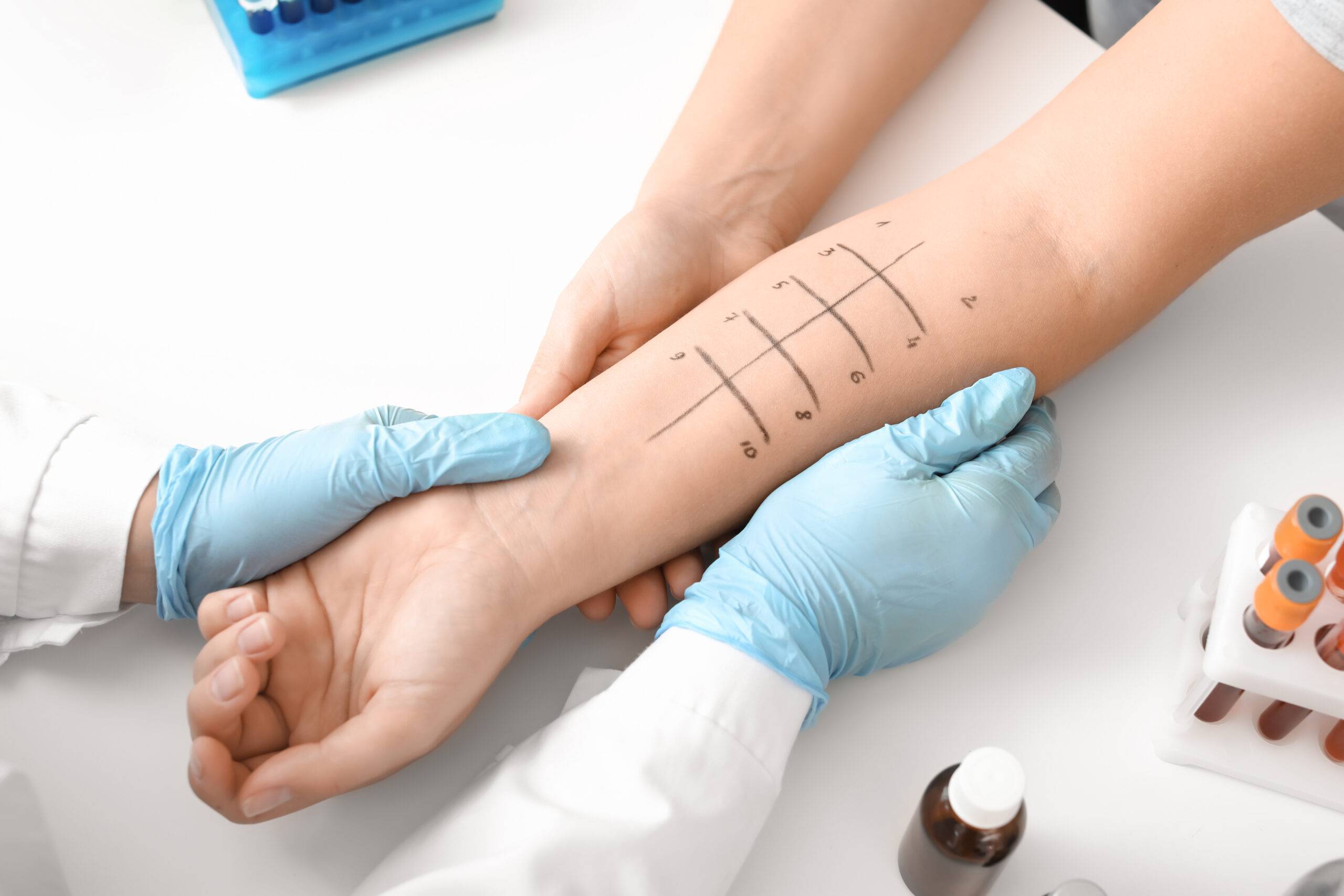
During Allergy Testing
Allergies are your body’s response to substances it views as harmful. While these substances, known as allergens, are harmless to most people, they can cause symptoms like sneezing, itching, rashes, or even breathing difficulties in those who are sensitive. For women managing busy schedules and multiple priorities, understanding allergies and their impact can help to improve overall quality of life. This guide will walk you through allergies, how they affect daily life, when it might be time to get tested, and what you can expect during allergy testing.
What Are Allergies?
Allergies occur when your immune system mistakenly identifies a harmless substance as a threat. This could be anything from pollen and pet dander to certain foods or medication. Common symptoms vary but might include sneezing, runny nose, hives, or even chronic fatigue.
For some, allergies can appear seasonally—like during spring pollen blooms—while others may struggle year-round with indoor triggers such as dust mites. Whether mild or severe, allergies can affect not only physical health but also energy levels, sleep quality, and overall daily functioning.
How Do Allergies Affect Daily Life?
If you have allergies, you’ve likely felt their impact on your day-to-day routine. Beyond the obvious symptoms, persistent seasonal allergies can lead to missed days at work, less productivity, and even interference with your favorite activities. Food allergies might make social gatherings or finding options at restaurants a challenge. The key to managing allergies effectively is identifying your triggers. This is where allergy testing can offer valuable insights.
When Should You Get Allergy Testing?
Timing your allergy test often depends on the severity and persistence of your symptoms. If you notice that over-the-counter remedies aren’t helping or your symptoms are significantly disrupting daily life, it may be worth exploring testing.
Other signs you might want to take this step include experiencing frequent sinus infections, unexplained skin rashes, or reactions to foods that seem unrelated to season changes. Early testing can help pinpoint allergens and guide more effective strategies to minimize triggers.
What Happens During Allergy Testing?
The idea of undergoing allergy testing might seem daunting at first, but the process is generally simple and straightforward. It’s designed to help identify the potential allergens that are causing your symptoms.
Initial Consultation
The process often begins with a consultation. During this step, a healthcare provider will ask about your medical history, symptoms, and any suspected triggers. They may also check for underlying conditions like asthma or eczema which are often connected to allergies.
Skin Tests
One common method is the skin test. It involves placing a tiny amount of various allergens on your skin, usually your forearm or back. The surface is pricked lightly, allowing allergens to enter just below the skin. If you’re allergic to a substance, you’ll notice a small, raised bump (similar to a mosquito bite) within 15-20 minutes. This test is quick and typically not painful—more like a mild tickling or itching sensation.
Blood Tests
If a skin test isn’t suitable—for instance, if you have sensitive skin or take certain medications—your provider may opt for a blood test. This involves drawing a small amount of blood to measure how your immune system responds to allergens. While it takes longer for results, it’s equally effective.
Follow-Up
Once testing is complete, your provider will review the results with you. You’ll learn which allergens, if any, are causing your symptoms. This step is key in creating a personalized plan for managing and reducing exposure to these triggers.
What Are The Next Steps?
Allergy testing is a practical tool that can offer greater clarity into your body’s reactions, helping you take control of your symptoms. Whether through skin or blood tests, the process is designed to uncover information that can make life—and breathing—just a little easier. If allergies have been affecting your well-being, don’t hesitate to speak with your healthcare provider about whether testing is a good next step. Armed with knowledge, you’ll be better prepared to tackle your triggers and enjoy the activities you love without compromise.
Discover the latest news and updates on The Blog Verge






